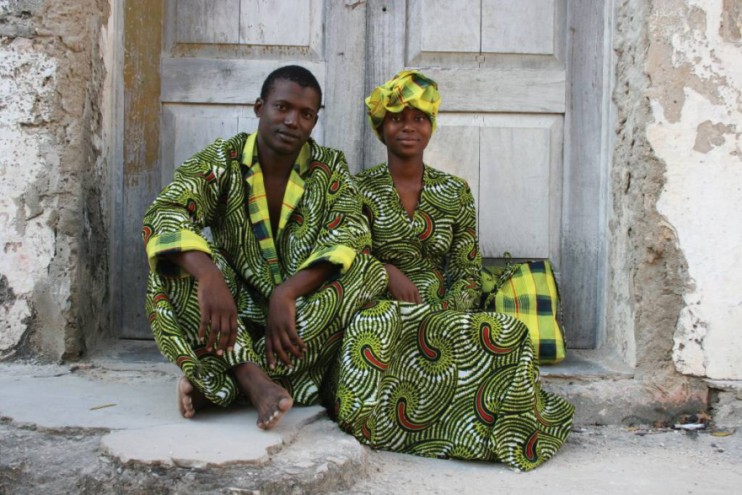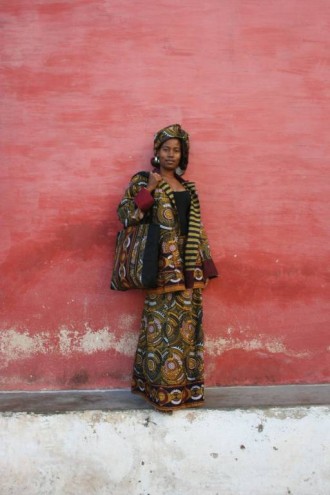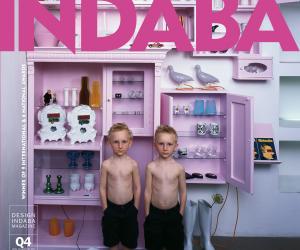First Published in
Product developer Amanda Youngleson uses design to “overcome the whole development context of bad tools, poor skills, limited markets and deep poverty”. Her recent project in Ilha da Mozambique saw her applying 10 years of experience under genuinely trying circumstances.
Ilha da Mozambique is a Northern island joined to the mainland by a 3km bridge. Originally the Portuguese capital of Mozambique, in the 1960s after independence, it was ruled that no Portuguese could have second houses and the old town was nationalised. Since then, the island has fallen into decay with many of the houses literally taken over by wild fig trees.
“Anyone who goes there will fall in love with it because it’s this romantic time capsule of history, but at the same time a melancholic experience because it’s falling down,” explains Youngleson.
According to Youngleson, the 16 000 inhabitants subsist off the sea and there is little to no economy of any sort. In response to the environmental threat that this unsustainable community poses to the coastal resources, Mozambique development agency Cedarte commissioned Youngleson to initiate a community project that could generate an alternative source of income.
“For a lot of impoverished people craft is a way of getting into the economy. You don’t need to have too much and you can buy and sell in quite an unsophisticated way. In fact, a Cape Craft and Development Institute survey shows that it is a billion-rand industry but it is not very visible. Nonetheless, it makes a massive difference to household income, even if it just brings in R700 a month,” says Youngleson, who used to run the product development clinic at the CCDI.
Despite the limitations presented by pitiable sewing skills, an unreliable charcoal iron, foot-pedalled sewing machines, rusty pins and scissors so blunt that a brick had to be used to cut the material, Youngleson developed a fashion range made from the local kapulana fabric. Catering for the limitations, the garments were designed to be unisex, one-size-fits-all, wrap-around garments without zips or buttons. A patchwork bag was also designed to ensure that no material was wasted.
The collection was presented at a fashion fair in Maputo where it was enthusiastically received. Trained to maintain the project without Youngleson’s supervision, the crafters are expected to establish a unique tourist attraction and market.
More info: toamanda@iafrica.com









